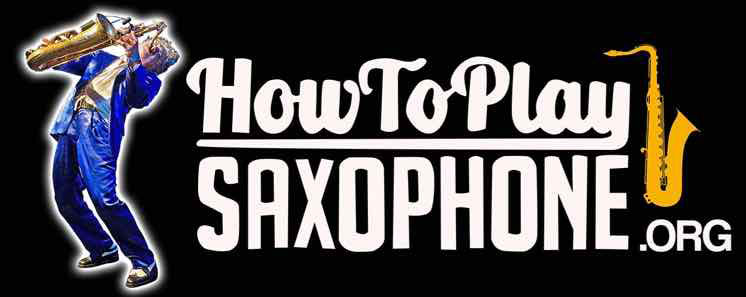Home Alt › Forums › Improvisation › Lesson 2: Diatonic Modes
- This topic has 18 replies, 6 voices, and was last updated 10 years, 7 months ago by
 john.
john.
-
AuthorPosts
-
April 28, 2015 at 4:55 pm #19288
All’s that is in Chord Inversion, isn’t it? Seems to be pretty straight forward stuff.
April 28, 2015 at 7:32 pm #19298I really think the video you just put up in lesson 2 of the major improv really helps clarify this Johnny!! Great stuff. This is confusing at first but should start making sense once you can understand what is being said. There is a lot of info to digest, small steps.
April 28, 2015 at 8:39 pm #19299Well, I realized that the piano demos possibly weren’t enough, or at least not as good as doing it with more explanation and focus on the different saxes. Yes, take it slow, this is a lot of stuff when you haven’t really improvised the proper way yet.
April 29, 2015 at 1:15 am #19307Anonymous
I had loads of problems with music theory last year,
all the 4 books i have on music theory are basically reference books!
That’s just my opinion!Like any other subject, later topics in a subject rely on you understanding
earlier topics – to jump straight into chords/harmony theory, you need
to understand scales theory, and before you can understand scale theory,
you need to understand intervals theory, and before you can understand intervals theory,
you need to understand notes theory. Then while all this is going on you
need to learn rhythm theory! And to add to the confusion they all sort of overlap,
so you need bits and pieces from all these areas as you move forward!That’s one of the reasons i paid to do a music theory course lasting a year.
The main benefits is the practical side.
Before doing the theory course i found i looked up the theory in a book,
got the sax out and tried it out, took the book as gospel, and didn’t
honestly feel in some cases very convinced. Worse still, some of the
stuff on the internet is unreliable, and i’ve listened & record comments
on youtube and after a few mins i realise they haven’t fully grasped
what they are talking about!At the end of the day teachers like Johnny, have done the practical side
of theory & nothings beats having someone showing how its done and how it works.
In my case i’m still getting my head round chords & harmony reading about it
and trying out is too different things for me!I’m sure when i do lesson 2 in a few weeks time, it may take some time
for it to sink in! But we are all different & we certainly don’t move at the same
pace.April 30, 2015 at 2:26 pm #19428Hi Johnny,
I’ve just seen the new videos (Alto & Tenor), it all makes sense now!! The keyboard video just confused the hell out of me. Thanks for going that extra mile.Dave.
April 30, 2015 at 6:12 pm #19438Ok glad to hear it Dave. Yes, I got the message loud and clear!
I will make a few more lessons that may go further to clarify beyond those piano theory tutorials.
Cheers guys, keep at it!April 30, 2015 at 7:08 pm #19441Johnny,
Thank you very much for the great lessons. Is this correct that the 4th tone of any scale should only be used as a passing tone when the tonic chord is being played?
Also are you planning on making and releasing an instrumental albumn? I have purchased all your albums from I Tunes and really enjoy them but would love to hear you do an instrumental of your favorites.
May 1, 2015 at 12:06 pm #19467John, I have though about, and talked with someone about doing an instrumental rock and roll recording yes but just talk still.
As for the 4th…
Yes. The rules (at this point) are to match the chord tones with the modes.
On a major chord, the 4th is dissonant and is not one of the options.
It’s the only note that has a semi tone interval with one of the chord’s notes (A the 3rd) -
AuthorPosts
- You must be logged in to reply to this topic.
